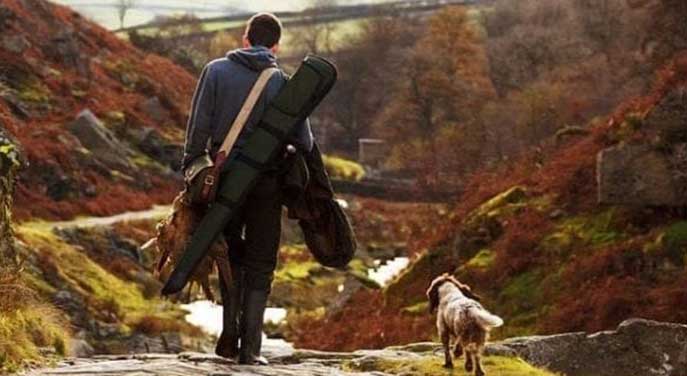 Indigenous people too often seem to think that their rights are absolute or act as if their rights trump everything else.
Indigenous people too often seem to think that their rights are absolute or act as if their rights trump everything else.
This attitude was seen clearly in a reaction from the Saskatchewan-based Federation of Sovereign Indigenous Nations (FSIN) after the Saskatchewan government changed the policy regarding when people can hunt on summer pasture lands.
All hunters must now receive the permission of pasture managers or lessees before hunting on former federal pastures or Crown land.
“I’m going to hunt on these lands, so be prepared to charge me,” dared FSIN Chief Bobby Cameron.
The policy change was made because the government was concerned about the safety of people and livestock in the pastures. And the Supreme Court of Canada has clearly ruled that safety is paramount in Indigenous hunting rights cases.
However, that doesn’t stop some Indigenous people from acting like their rights are absolute.
Indigenous proponents of certain natural resource projects display the same absolutist attitude when they invoke the United Nations Declaration of the Rights of Indigenous Peoples (UNDRIP) to oppose projects, arguing they have what amounts to veto power. Even the fact that the Supreme Court has ruled that UNDRIP doesn’t represent a veto doesn’t stop some Indigenous people from claiming it does.
Indigenous peoples sometimes need to be reminded that their rights must be balanced with rights and interests of other people. They need to understand that there are many other important objectives in society, such as the orderly development of resources to the benefit of all Canadians. Or for the conservation of resources.
In this age of truth and reconciliation, it’s hard to not think that First Nations are the most important issue out there. Indigenous people need to learn more humility around these issues.
Our public policy discourse needs to move away from where Indigenous issues are paramount to where they’re one set, albeit an important set, among many. If that happens, perhaps Indigenous people will be more balanced in their demands and approaches, and they’ll work more co-operatively with other Canadians.
A recent court ruling and government action demonstrate how and why Indigenous rights are not absolute.
In Bigstone Cree Nation versus Nova Gas Transmission Ltd., the Federal Court of Appeal unanimously upheld the government’s decision to approve a natural gas project in northern Alberta. It also concluded that the federal government adequately fulfilled its duty to consult and accommodate the Bigstone people, whereas Bigstone had failed to meet its reciprocal duty to engage in consultation in good faith. The ruling also upheld the National Energy Board (NEB) review process.
The court ruling found that the First Nation was given adequate time and funding to be consulted and accommodated. The First Nation failed to do so.
The Manitoba government recently announced it would curb the practice of hunting at night with spotlights, with some specific exemptions for Indigenous people. Predictably, First Nation critics said a ban on night hunting – a practice seen by wildlife groups as dangerous and unfair to game – violated their treaty and constitutional rights. First Nation organizations in Manitoba used that familiar complaint that they were not consulted enough. But people who oppose certain legislation will always say this. No amount of consultation is ever enough for these organizations.
The province justly asserted its rights to protect wildlife and all people in the area.
Perhaps the most glaring and long-standing example of this problem can be found in relation to the historic treaties across Canada. First Nations people frequently interpret the treaties – such as the numbered treaties on the Prairies – to include things that weren’t in the original documents.
The criticism levelled by Indigenous critics that treaties are not just “real estate transactions” is mistaken. That’s largely what they were.
Governments need to remind Indigenous people and communities that their rights are not absolute or paramount. Other Canadians need to know this as well.
Indigenous rights and interests must be balanced with the equally important rights and interests of others.
Joseph Quesnel is a research fellow with the Frontier Centre for Public Policy.
The views, opinions and positions expressed by columnists and contributors are the author’s alone. They do not inherently or expressly reflect the views, opinions and/or positions of our publication.

